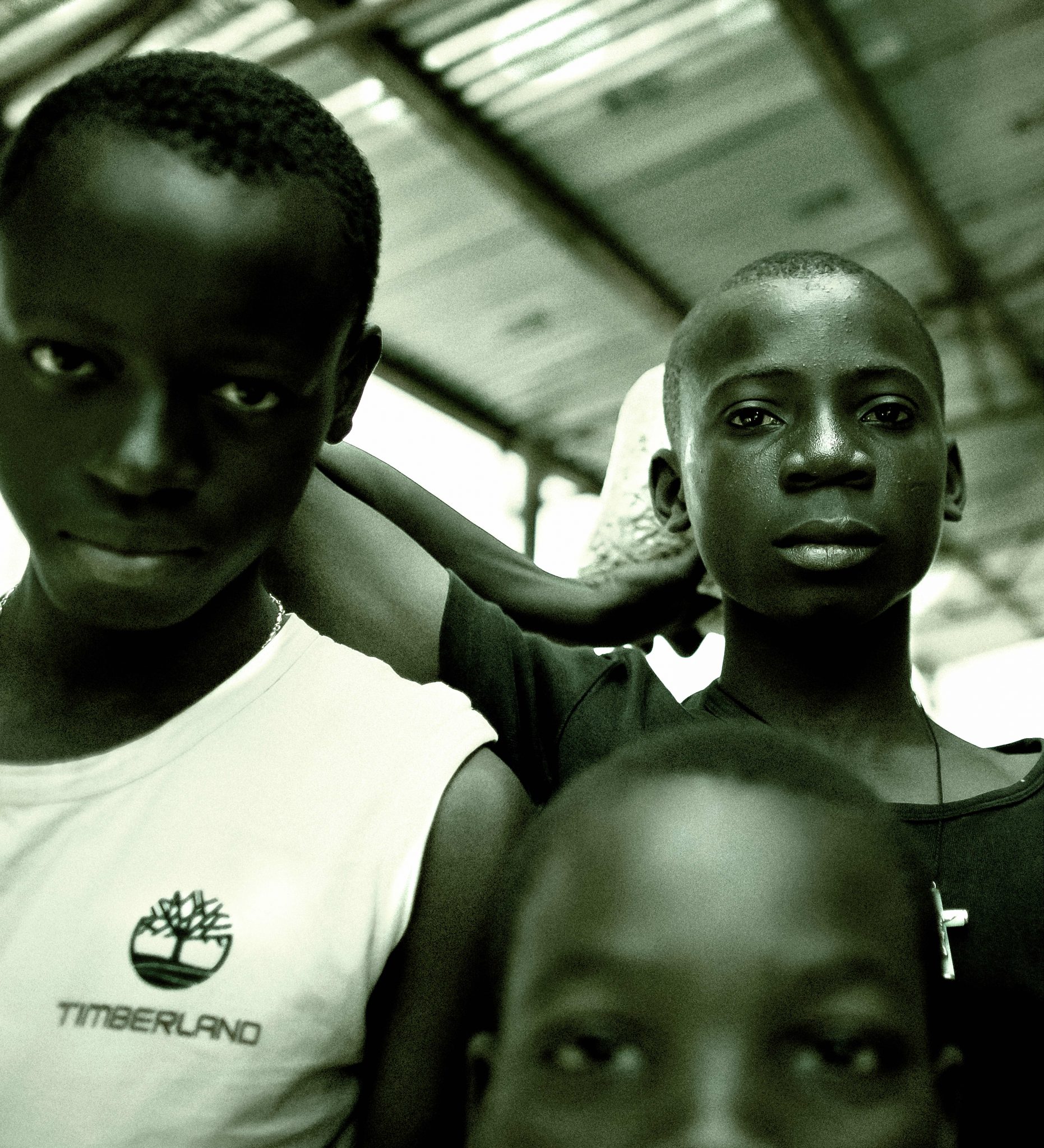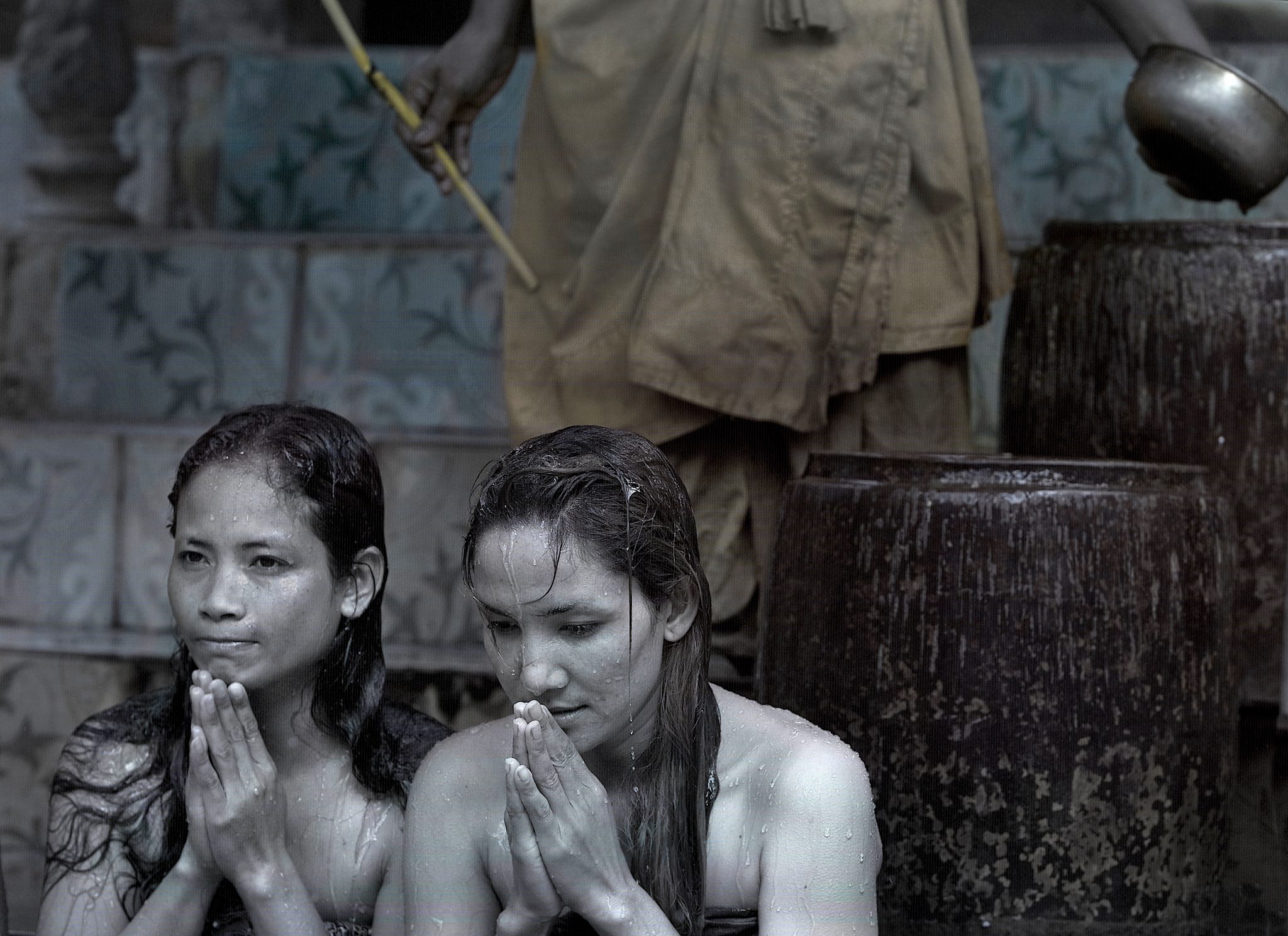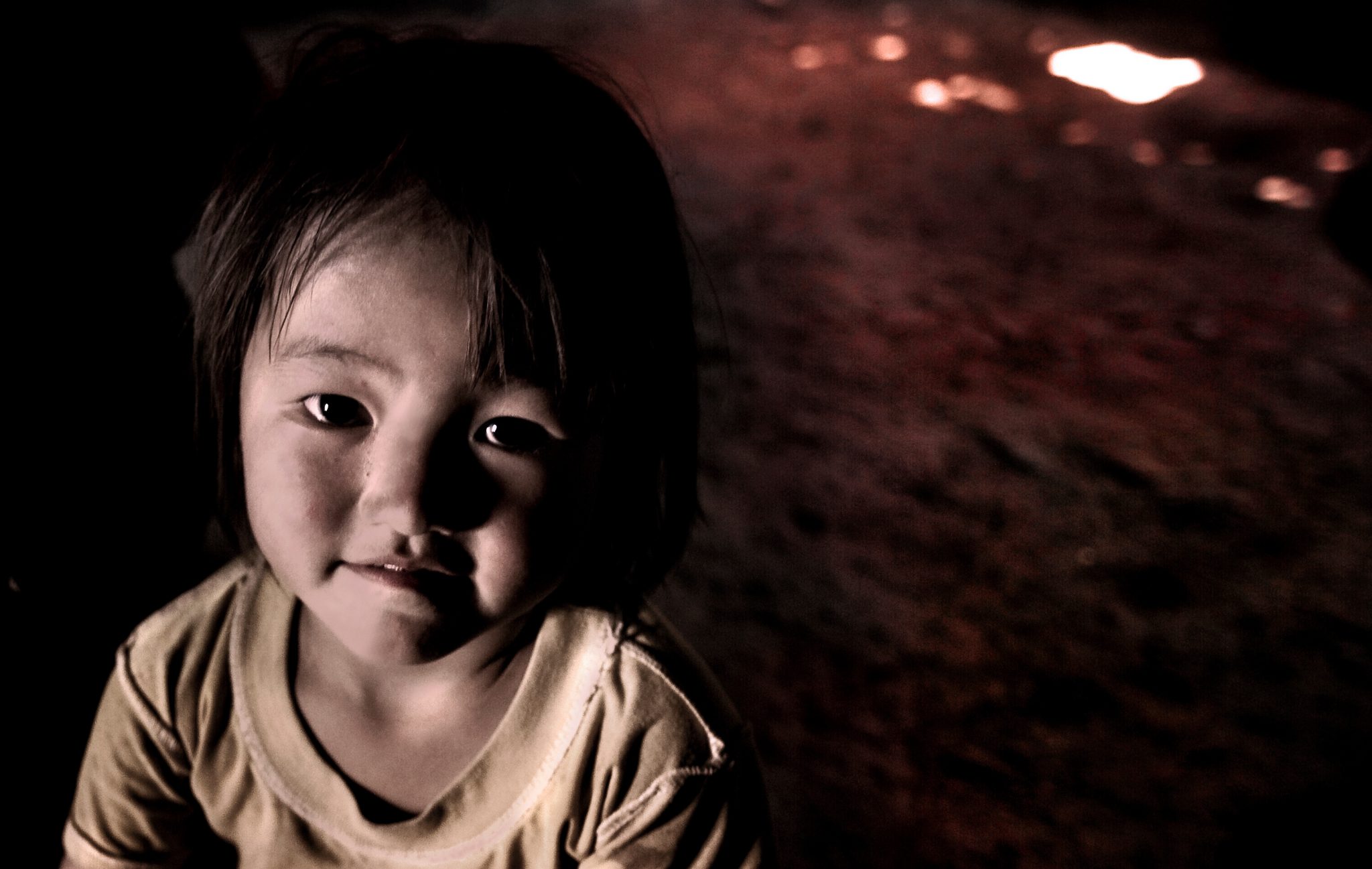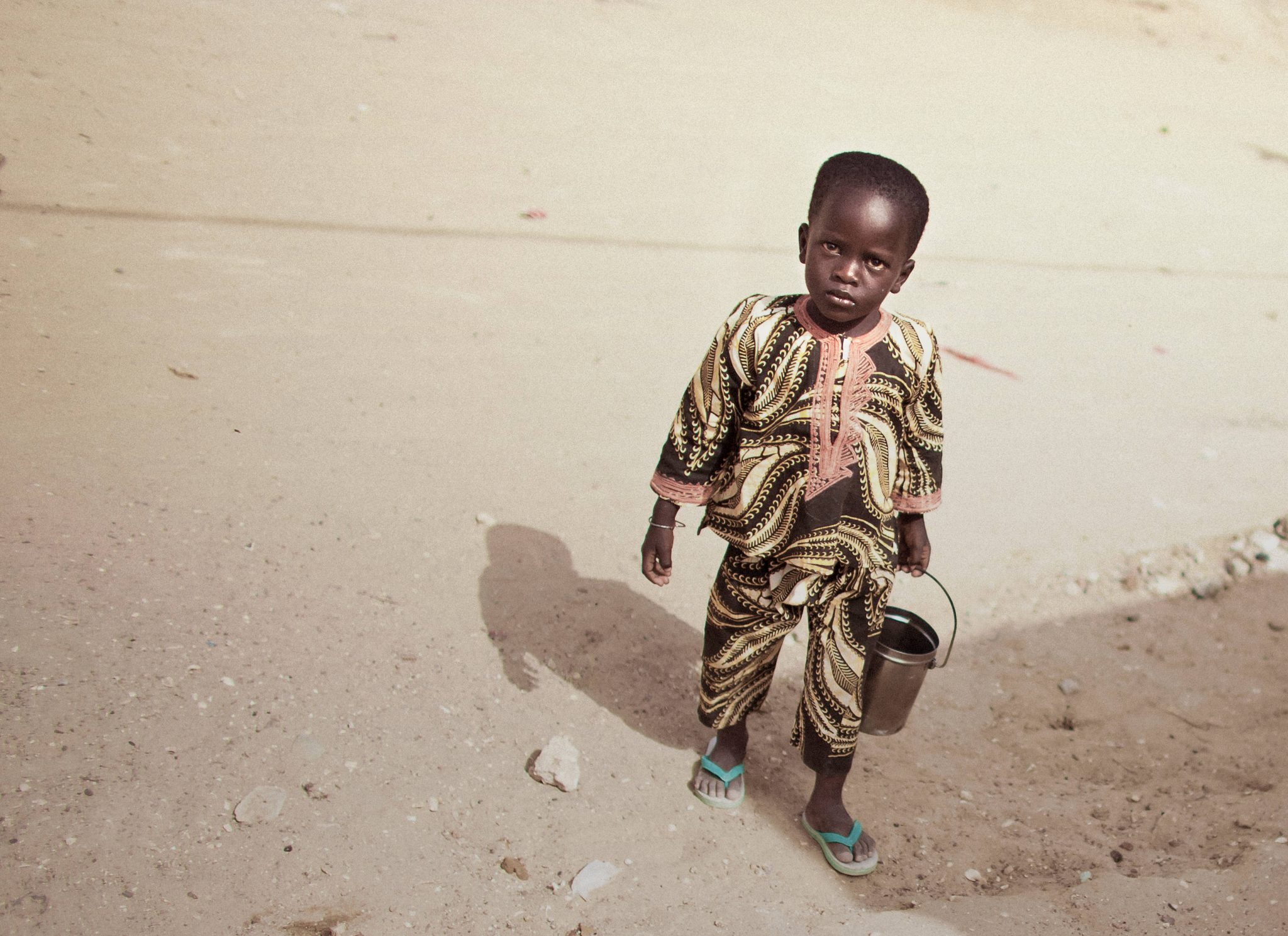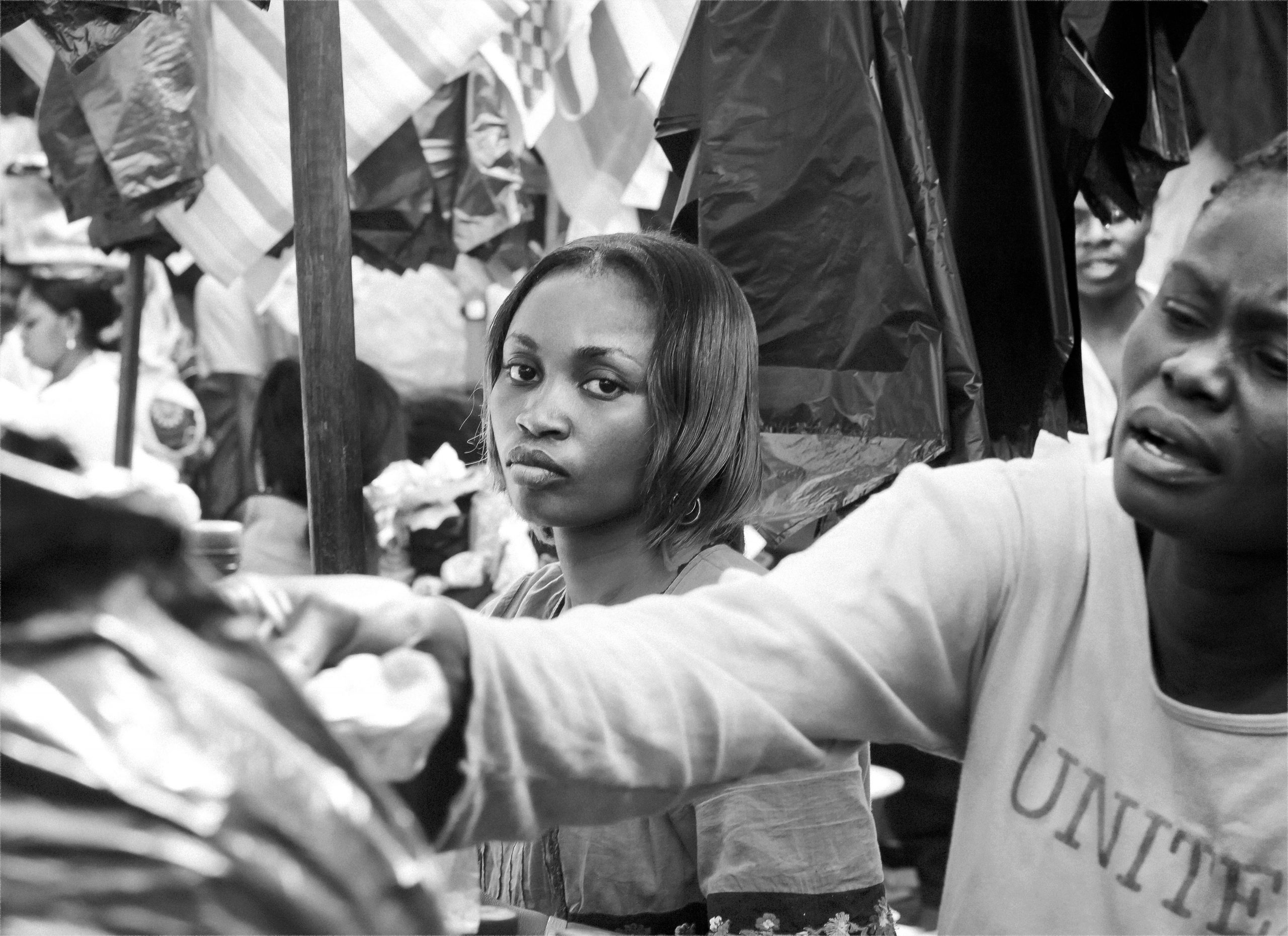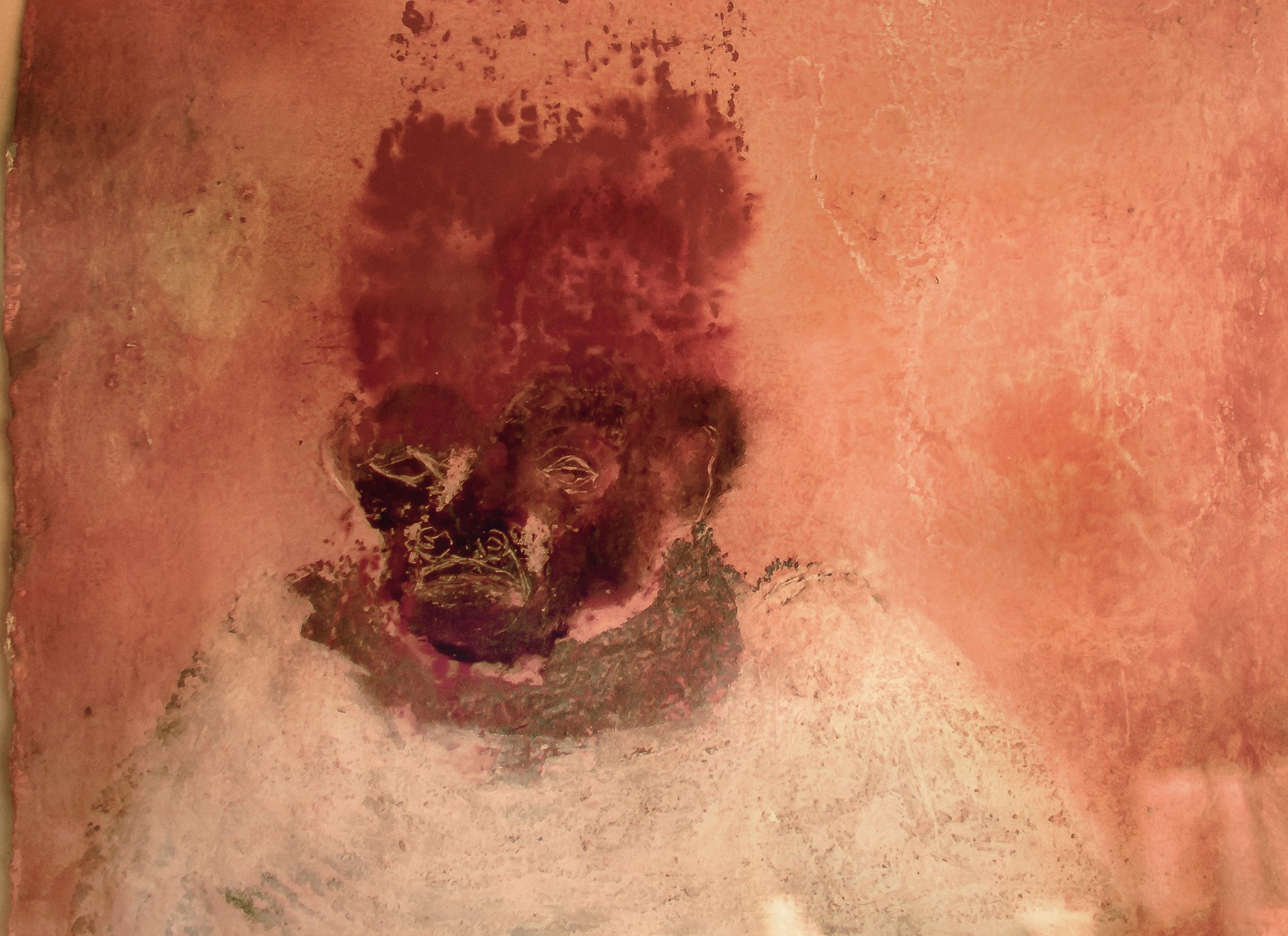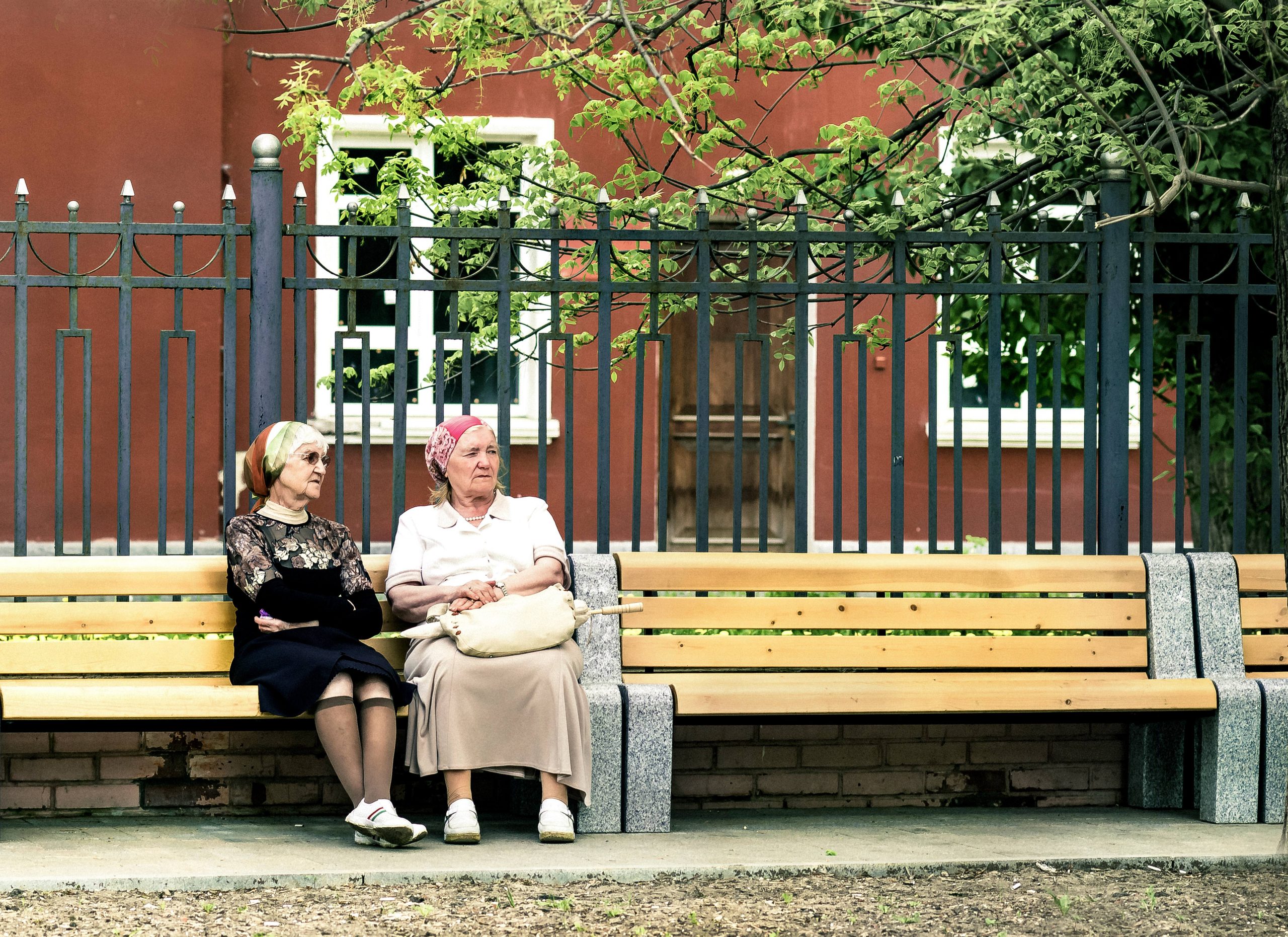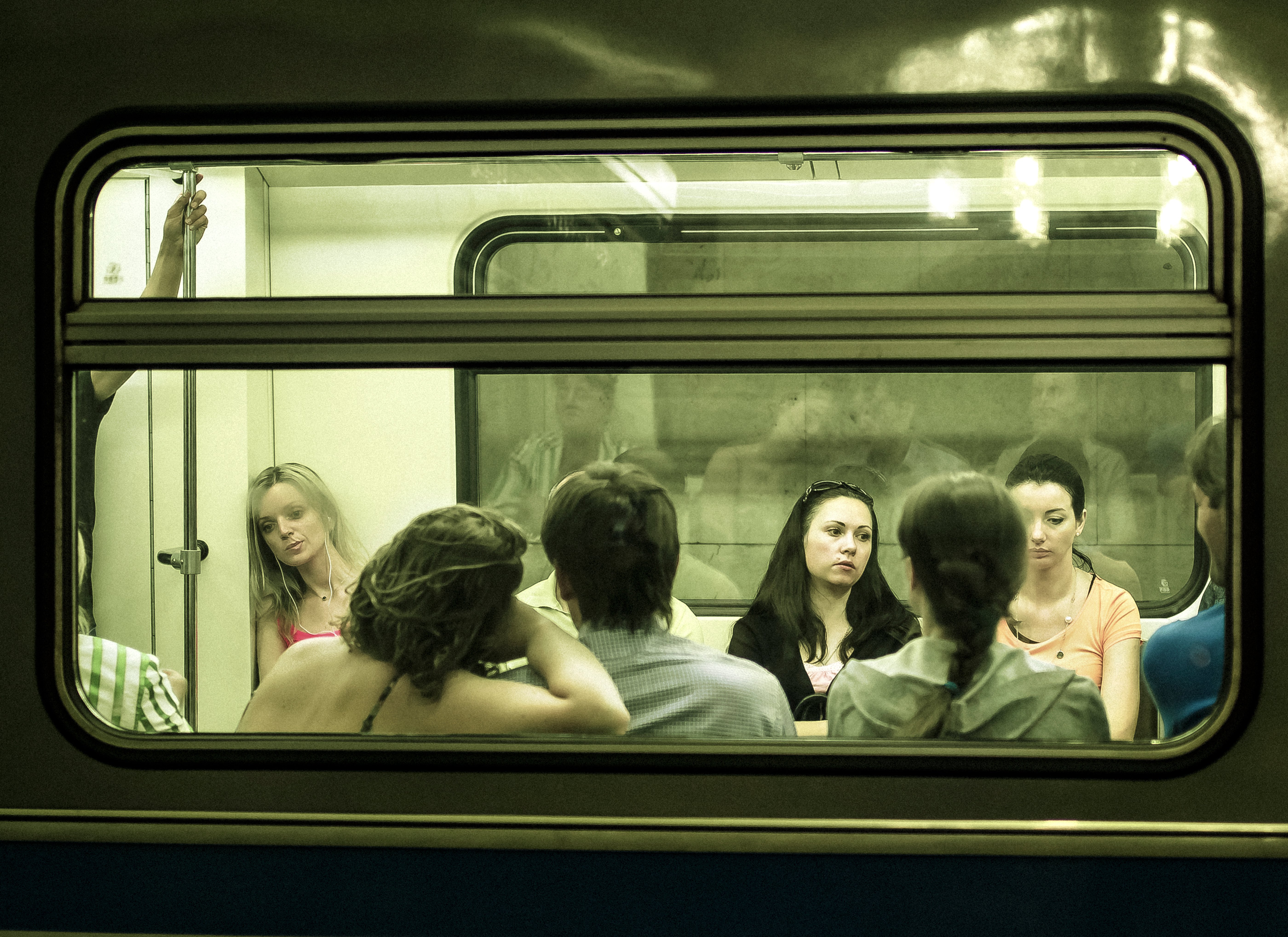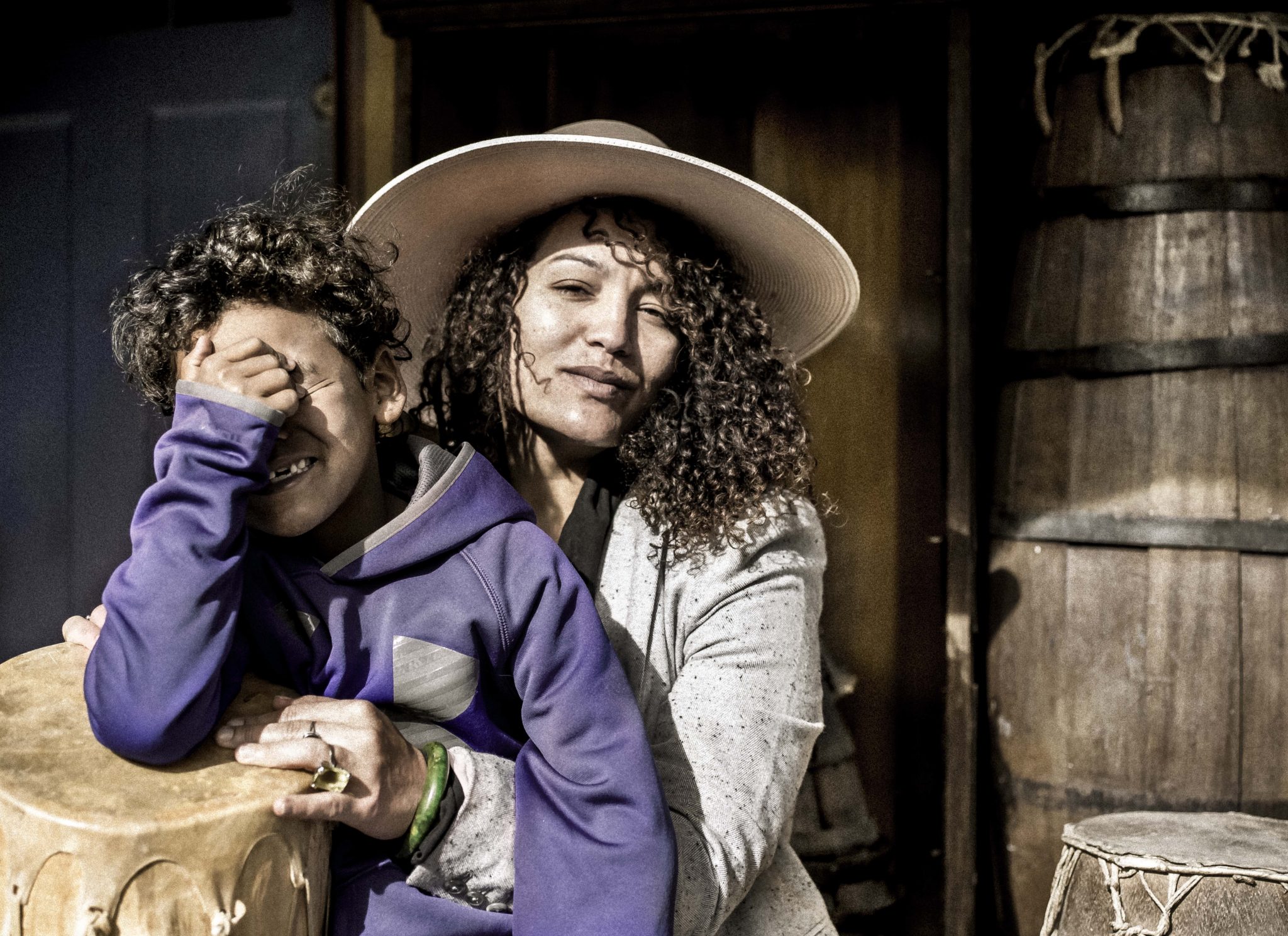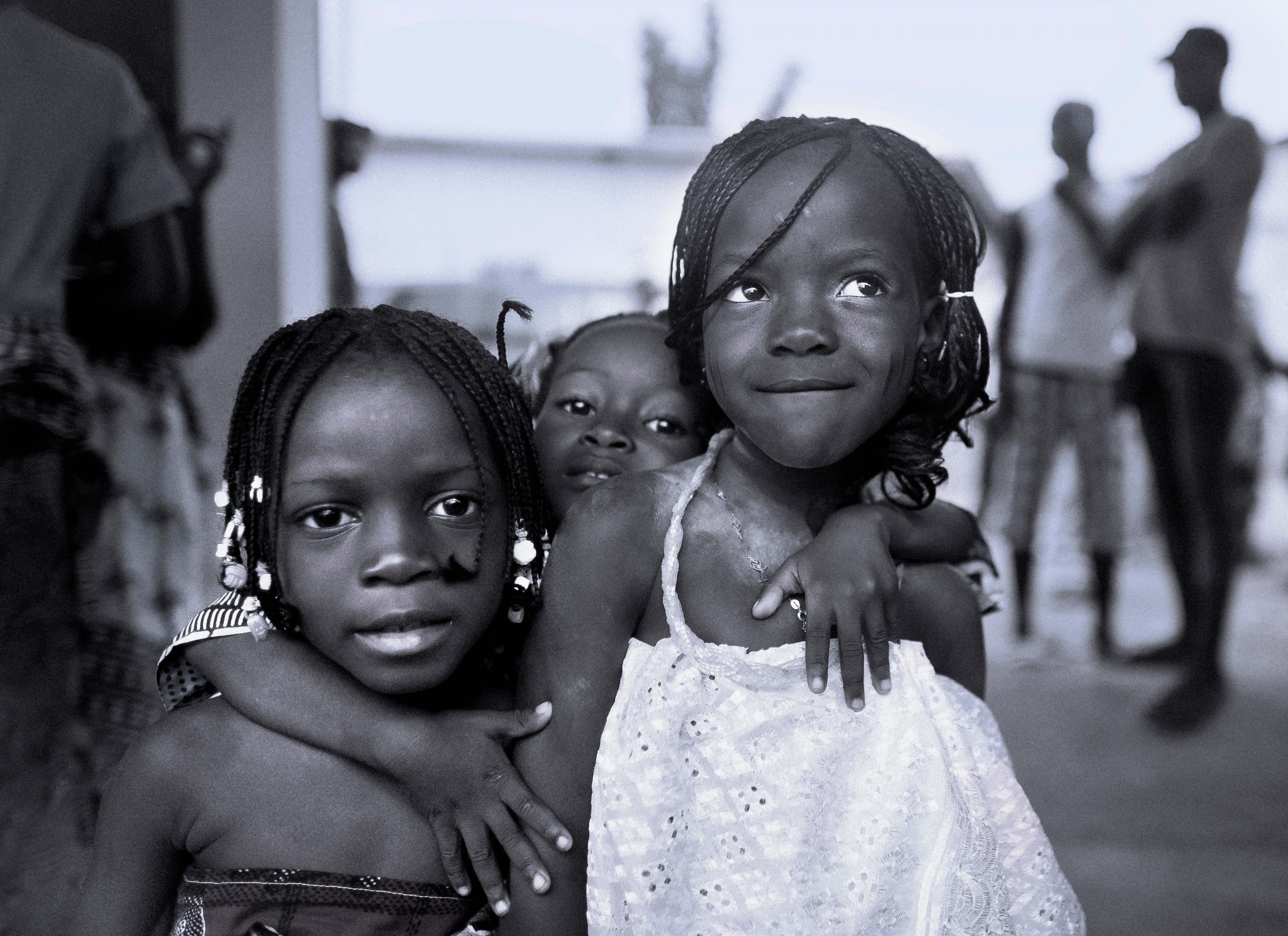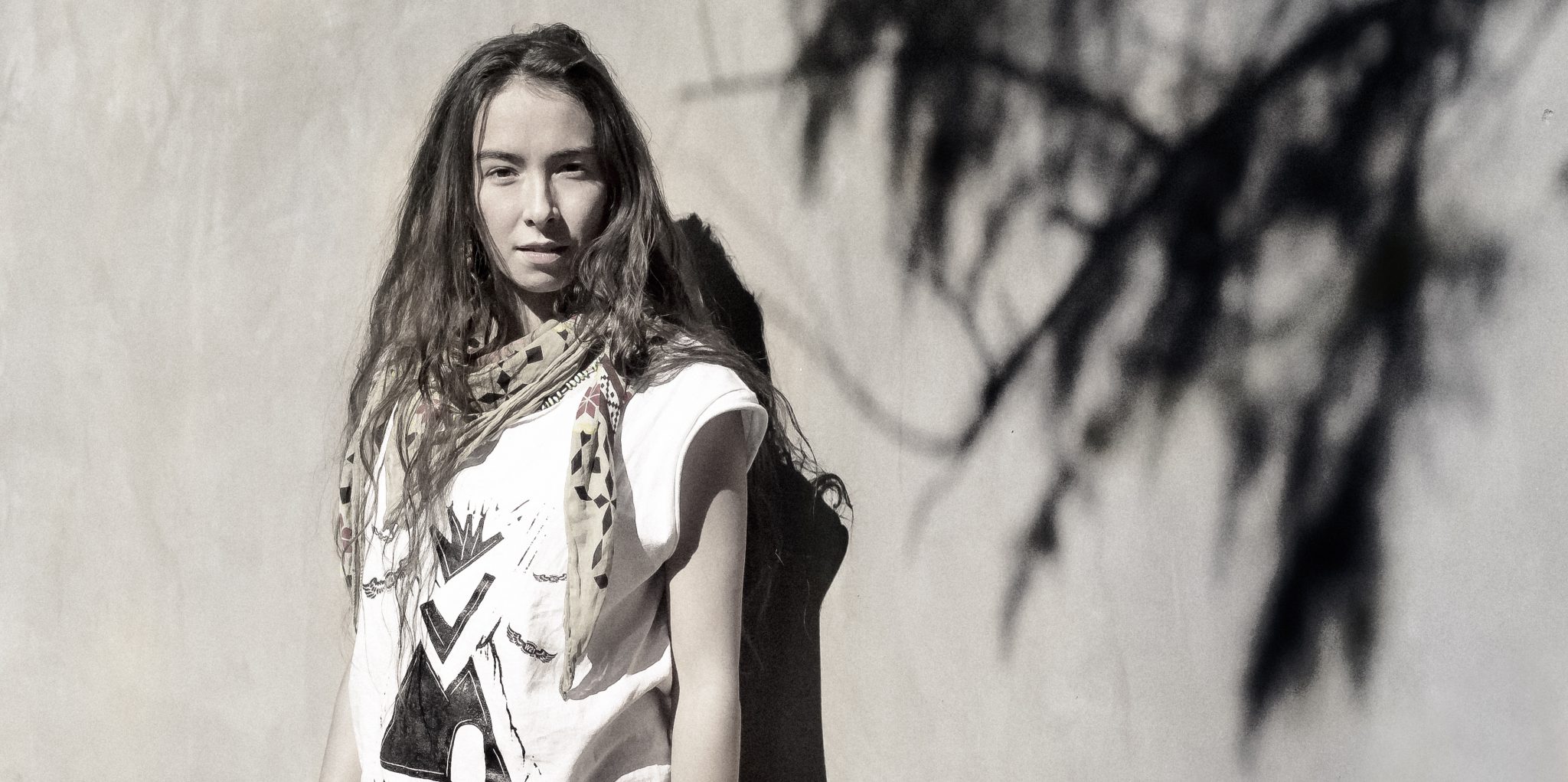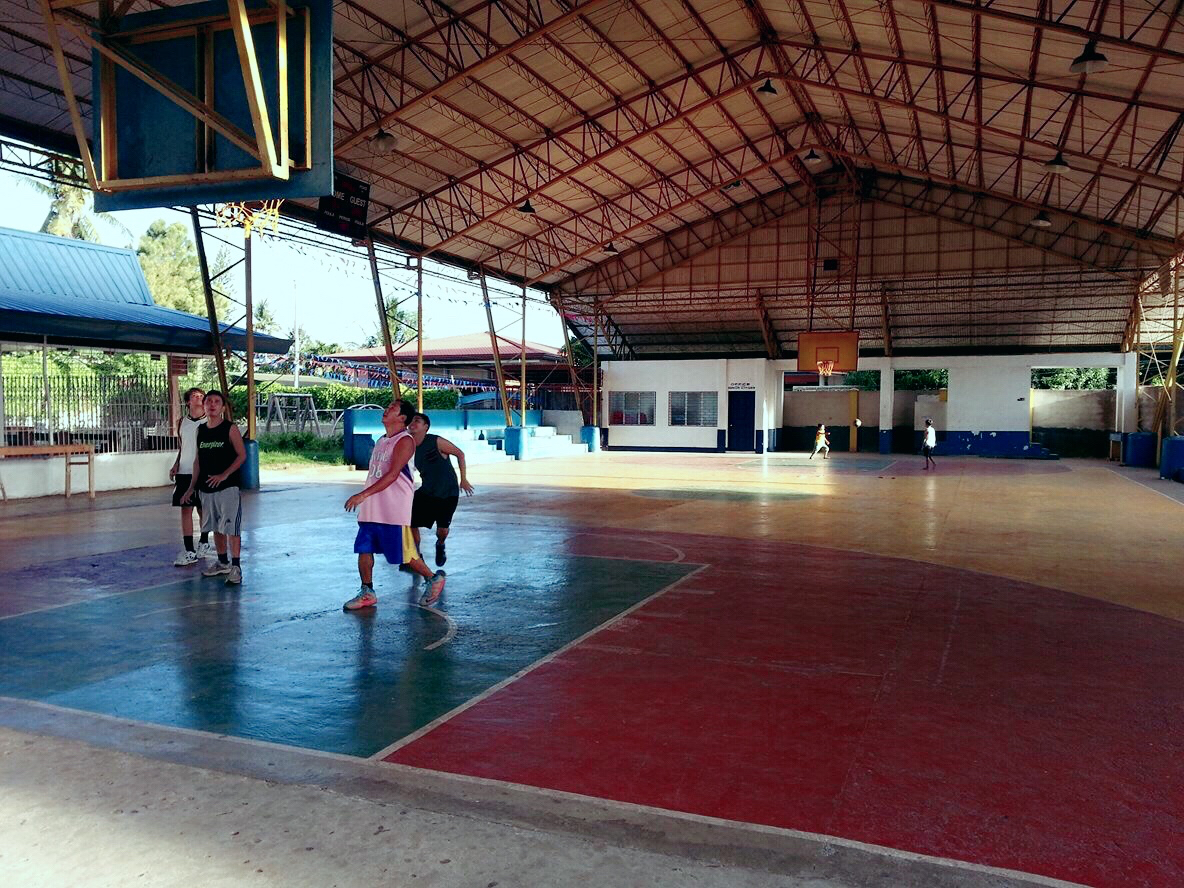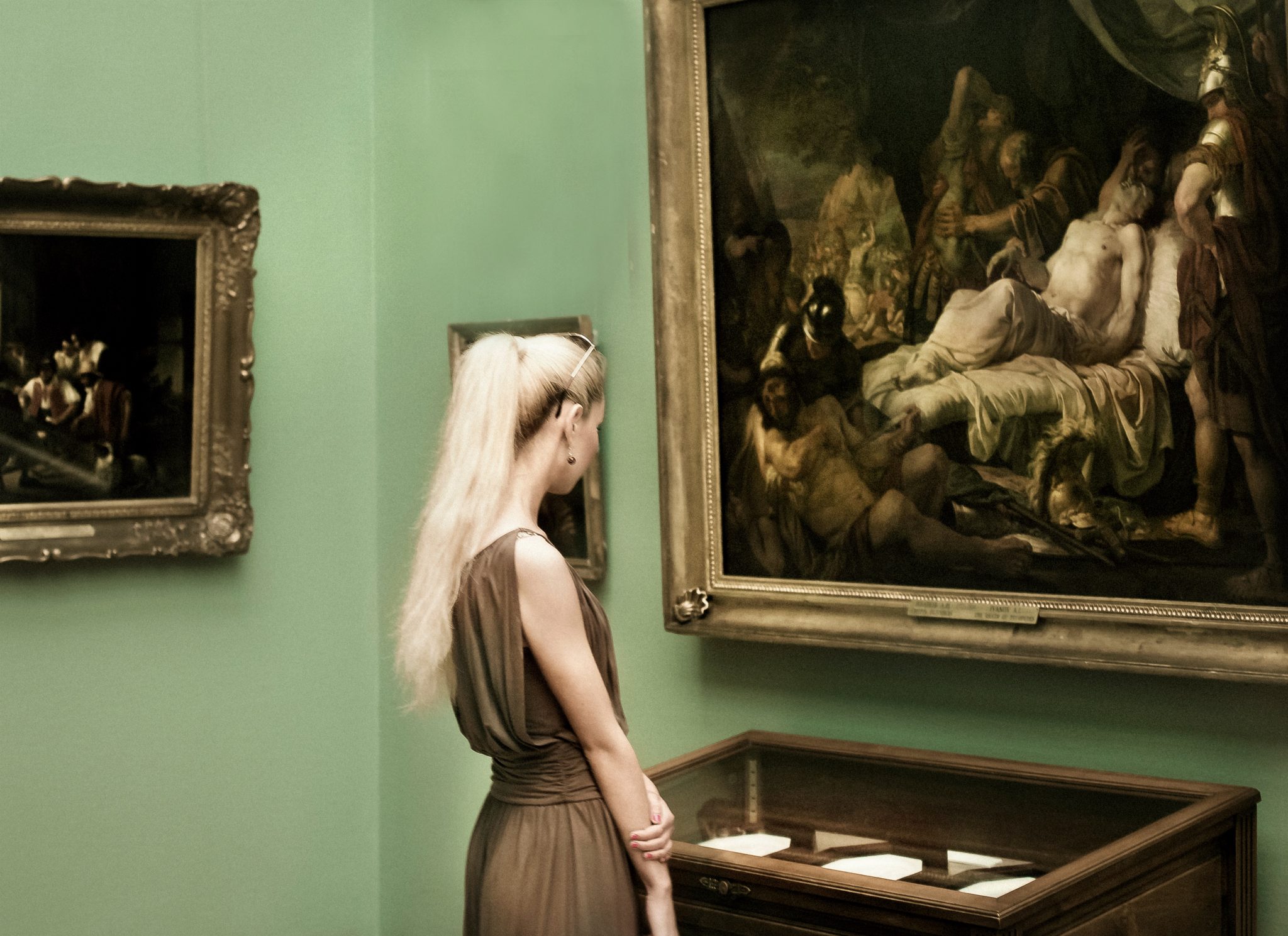
American Woman in Tervuren
Edwina, the young woman from Alpharetta, Georgia, opened the door of Room 311 from the inside and, standing in the doorway facing Sylvere, peered into the hallway for a moment before flashing a smile. With one hand, she grasped the handle on the door. In her other hand, she held a tall, green bottle of water.
Sylvere, looking directly into the face of the young woman, an assistant to Bénédicte, the executive director of a Paris-based humanitarian aid agency, showed no surprise. As he stood in the hallway on the 3rd floor of the hotel, he realized he was not surprised by anything.
To Sylvere’s side in the hallway, Robert bowed and, almost imperceptibly, like a ghost, drifted away. Suddenly, the tall man was gone, as if he had magical powers.
Edwina, still smiling at Sylvere, held the door as far back as it would go and stood to one side, now revealing a large but modestly appointed room with a set of windows providing a view of Tervuren to the north. She looked different, Sylvere thought, scanning the young woman’s face and recalling his image of her from two days previously in Paris. But he couldn’t say how she had changed.
“We’re using this room as our base for the week-end,” Edwina said. She paused, looking to one side and appearing to make eye contact with someone. “We’re at a critical juncture,” she added. She shook her head as if troubled by the idea.
Sylvere studied Edwina’s face for a moment before passing through the open doorway into the room. As he entered the space, feeling a current of cool air enveloping him, he realized his original impressions of Edwina from their meeting in the French capital might not have been accurate. Probably, he thought, she never had been the wide-eyed and enthusiastic but very young woman he assumed. She seemed more serious, somehow more determined.
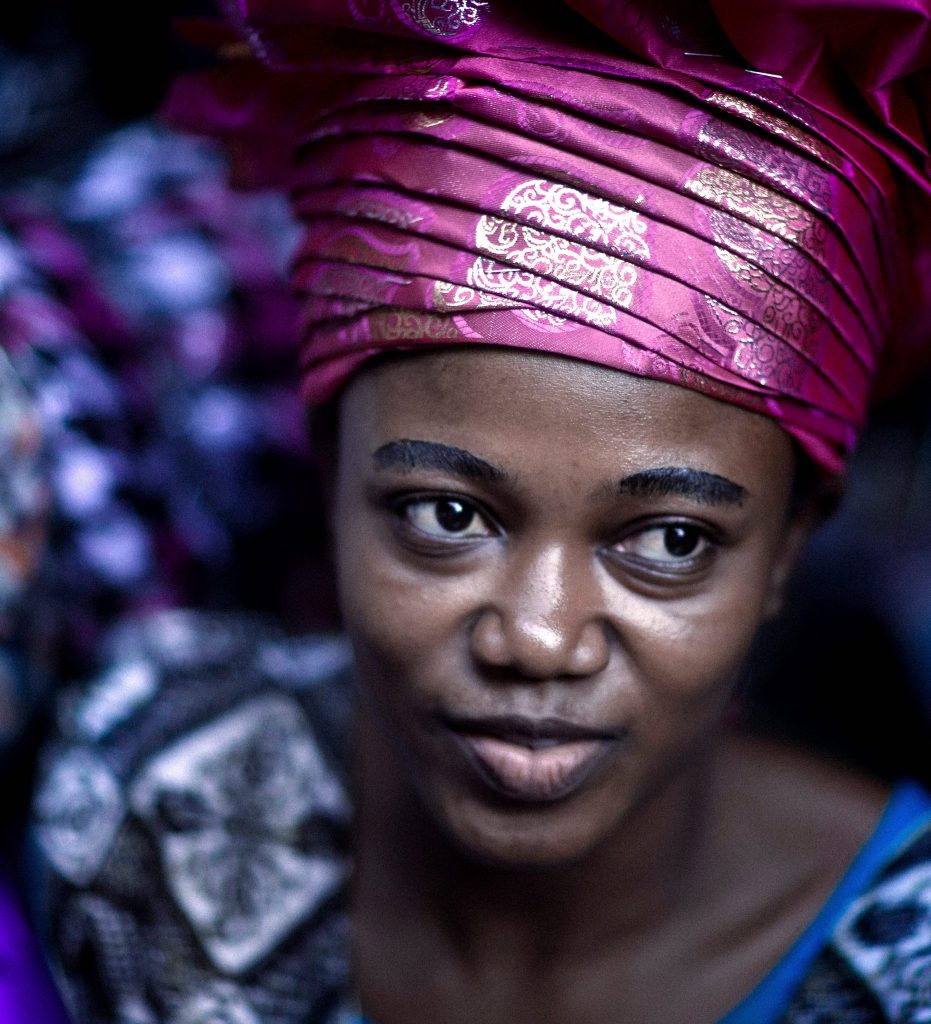
Raising himself from a chair behind a desk against one wall of the room, the American journalist, Leon Johns, approached. He used a cane, and it appeared he barely could stand upright. He looked tired, almost sickly as he grasped the cane with one hand and, in his other hand, held a tall glass.
Looking at the American, Sylvere realized he felt disappointment.
“Leon likes to walk,” Edwina said, closing the door behind Sylvere. “He walked over here from Vossem, about two miles, I mean three kilometers, east of here.”
Leon stopped in front of Sylvere, placing the weight of his body on his healthy leg and arranging his crippled leg to one side. He extended the glass in his hand toward Edwina. The face of the American journalist was, Sylvere noticed, open. It also was, Sylvere thought, earnest. At that moment, Sylvere recalled making the same observation in the park that morning, when the journalist introduced himself to Sylvere for the first time.
Edwina, breaking the seal on the bottle in her hand and removing its cap, proceeded to fill the glass in Leon’s hand with water from her bottle. She took the glass out of Leon’s hand and gave it to Sylvere, who raised it to his lips.
“I think I pushed myself too hard this morning,” Leon stated. “I swam almost fifty laps in the pool of one of my neighbors,” he continued, speaking matter-of-factly. “He lets me use it whenever I want,” he added, peering into Sylvere’s face now. “It’s regulation size.”
Sylvere, processing the new information which, after a brief reflection, seemed astonishing, stared at Leon, who was dressed impeccably, just as he was dressed at the park during the morning. However, now the journalist wore a light-gray seersucker jacket with light-gray trousers in place of a light-blue, cashmere cardigan sweater paired with navy-blue slacks.
“I’m going to have to take a nap in a few minutes,” Leon stated, again speaking matter-of-factly while turning and starting to shuffle back toward the desk.
Finishing the rest of the water in the glass and giving it back to Edwina, Sylvere thought he had never met anyone like the American journalist, both disabled and energeticSylvere walked to the window and, looking through the thick, clear glass pane, peered down into the grove of chestnut trees behind the hotel. The German and African, Anna’s men, were milling about the stone bench in the small clearing. The African appeared to be inspecting the stone pathway which Sylvere and the bartender had followed back to the hotel minutes before. Sylvere assumed that the two men also would follow the pathway back to the hotel. Would they also make their way up to the 3rd floor and, then, Room 311?
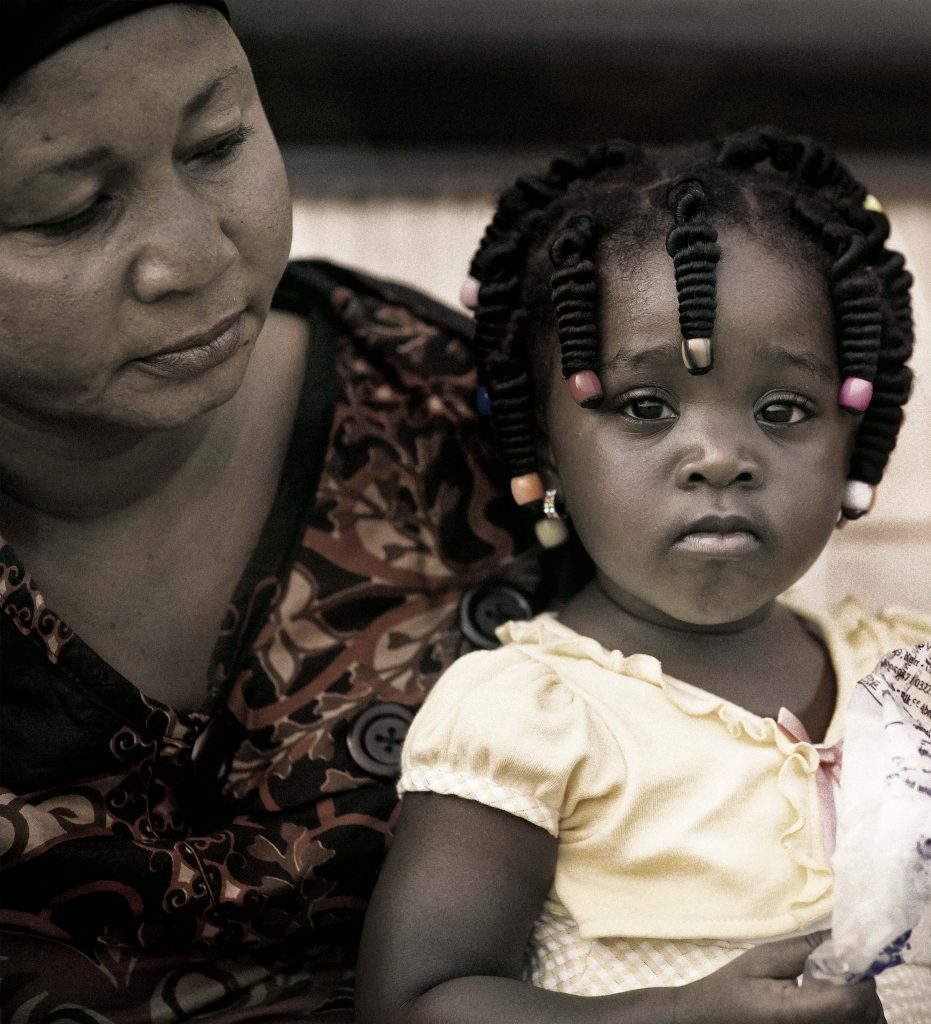
“Tshisekedi, as you know, has consolidated power in Congo,” Leon began once again as he reached the desk and lowered himself onto a chair behind it. “After purging all of those loyal to Kabila, he is forming new alliances both at home and abroad.” The American journalist paused. He surveyed the papers on the glass desk top. “He is drawing closer to one country in particular,” he added.
Leon Johns referred to a series of moves by Felix Tshisekedi, the recently elected president of Democratic Republic of Congo, to remove from positions of power any official loyal to Joseph Kabila, the previous ruler of the country. Leon also referred to a pivot by Tshisekedi away from traditional patrons in Europe and toward a more expedient one in Beijing.
The German and African bodyguards, Sylvere noticed, still peering down into the small park behind the hotel, had started walking along the stone pathway in the direction of the hotel.
“It’s true the old regime, under Kabila, had been receiving, for some time, support in various forms both financial and humanitarian from the Chinese government,” Leon resumed, “but the new regime, led by Tshisekedi, appears to be drawing even closer to the Chinese Communist Party.” He paused, gathering together the papers on the desktop and inserting them into a folder. “Many people believe,” he continued, “Tshisekedi will cede control of his country’s vast mineral wealth, perhaps the richest deposits anywhere on earth, to the Chinese.”
Sylvere, still standing in front of the window with his back to the room, watched as the German and African bodyguards reached the narrow, windowless door at the base of the hotel. They opened the door, passed through the opening, and disappeared into the building.
“The new power dynamics are affecting daily life across the country,” Leon continued, “not only shaking up politics in the capital, Kinshasa, but also altering the status quo in those areas of the country, particularly the East, with the largest deposits of precious minerals and metals.” He paused. “The net effect,” Leon Johns added, “is clear.” He paused again, looking over Sylvere’s shoulder into the dark blue sky above Tervuren. “The new power dynamics are causing an escalation in violence,” he said. “This much is very clear even if many other issues are not.”
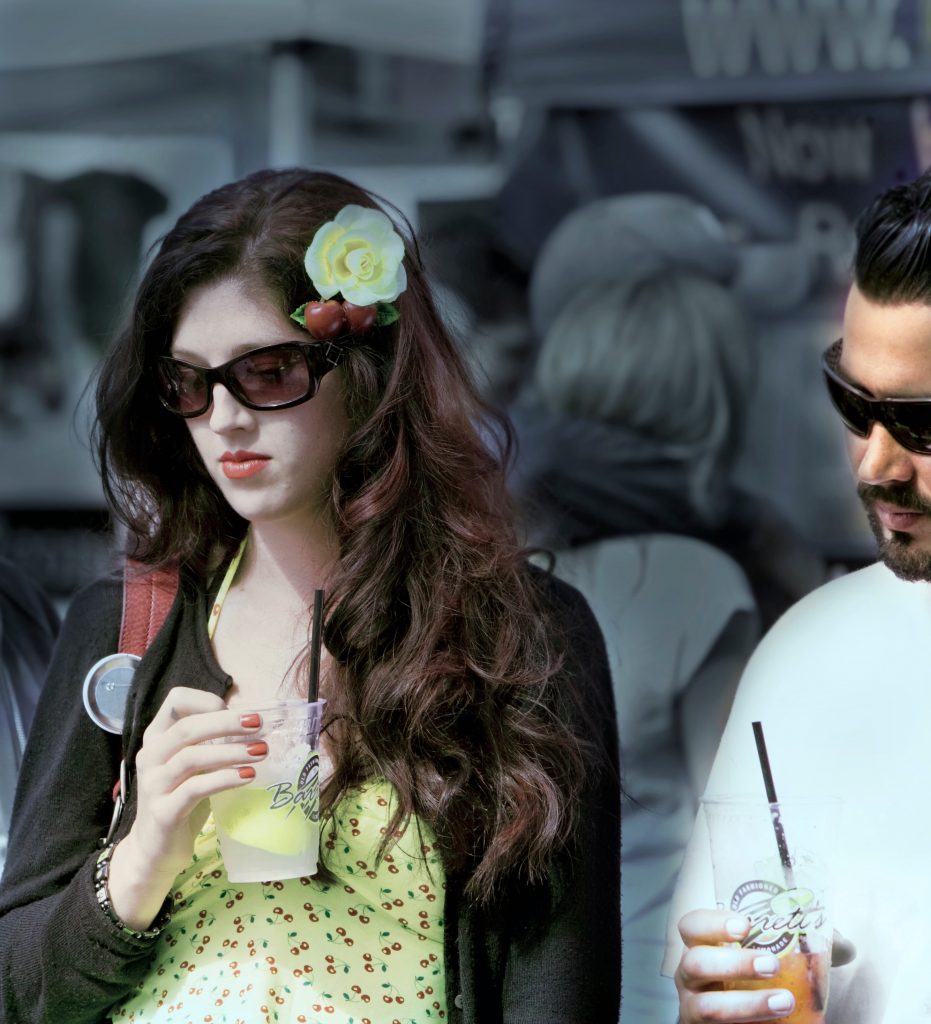
Sylvere turned around, looking from Edwina to Leon. Leon, meeting Sylvere’s gaze, stood up from the desk, inserting one hand into his jacket and removing an envelope. The envelope, Sylvere noticed, looked like the one he himself had received from Carolina in Leuven. The journalist would be at the party at the palace.
“Not surprisingly,” Leon said, taking another breath, “Anna and her organization are positioning themselves as valuable, maybe even equal, partners with the new regime.” Leon paused, proceeding to shuffle back toward the center of the hotel room while looking down at the thickly carpeted floor. “What is interesting, though,” he added, “is that, during our efforts to monitor and, then, when we have noticed suspicious activity, we found large financial transactions among the current and hopeful players in the new regime. We not only discovered large cash flows from Anna’s organization to shell companies affiliated with Tshisekedi but, at the same time, state companies affiliated with the Chinese government.”
Leon reached the center of the room, stopped, and turned toward Sylvere. “We also have discovered,” Leon said, now raising his hands with the palms outward, “sizable sums paid out through other accounts in Anna’s organization to shell companies linked to a handful of Congolese businessmen, including Anthony Lukambo, as well as Rwandan and Ugandan families with interests in mining in eastern Congo.”
Peering into Sylvere’s face, Leon said, “Sylvere, we believe that your friend, Ronald, was killed because, in his attempts to secure alternate sources for the medical supplies he needed for his clinic, he stumbled upon a group acting as a front for a Chinese state company and, piecing together the group’s true purpose in eastern Congo and realizing the potentially explosive nature of this information, Ronald threatened to expose the group, possibly to his contacts in Europe, probably to people like Edwina and me.”
Sylvere, looking back at Leon, remained silent, but he believed he knew what the other man would say next.
“Our fear is that Ronald’s daughter, Claudette,” Leon resumed, “will be killed because she knows what her father discovered and can identify her father’s murderers.” He looked away, re-setting his good leg on the thickly carpeted floor while dragging his crippled leg slightly backward across the floor. “We have to find her fast,” he added.

A ringing pierced the air. Edwina removed a mobile phone from the back pocket of the beige cotton trousers she wore and looked at the screen. A text message, evidently, had arrived. Edwina read it, frowning.
“We’re running out of time,” the young woman said, looking up and making eye contact with Leon. It was a common refrain, Sylvere knew, recalling he had heard it an hour before from Chérubin. “We’re dealing with ruthless people,” she added, switching her gaze to Sylvere’s face. “They will shoot you without hesitation.”
Edwina replaced the small phone in her back pocket, walked over to a closed door leading to a bathroom, and opened the door.
“The people responsible for the bloodbath act with impunity,” Edwina resumed, raising her voice slightly while inspecting the bathroom with her back to Sylvere and Leon. “They use power to seize more power. They kill anyone who gets in their way, enemies or innocent bystanders,” she continued, turning so that she faced the room again. Her eyes were closed. “Defenseless children and mothers,” she added, opening her eyes. “We hope to break the cycle of death and destruction,” Edwina whispered. She paused, staring down at the thickly carpeted floor. “Maybe we succeed,” she added. “Maybe we don’t. We try.”
Abruptly, the young woman walked to the closed door of the closet next to the front door.
“It’s almost 5:45,” Edwina remarked, looking at her watch and then at Sylvere. “You need to get ready for the party at the palace.” She opened the door of the closet. “Here,” she continued, reaching up and removing three clothes hangers, one with a dark-green shirt, another with a dark-grey suit jacket, a third with pair of matching trousers.
Edwina approached Sylvere. “Chérubin had a new outfit made for you,” she added, extending the hangers, “to wear to Anna’s party this evening.” Grasping the hangers, Sylvere looked at the clothes and then at Edwina’s face. He still didn’t speak. “You can change in the bathroom,” she concluded, glancing over Sylvere’s shoulder.
“How did he know my size?” Sylvere asked finally. “For my shirt? Pants? Jacket?”
“He took your measurements,” Edwina answered.
“What?” Sylvere said. “When?”
Edwina stared at Sylvere as if she didn’t understand what, or why, he wanted to know.
“You ask too many questions,” the young woman said finally.
***
